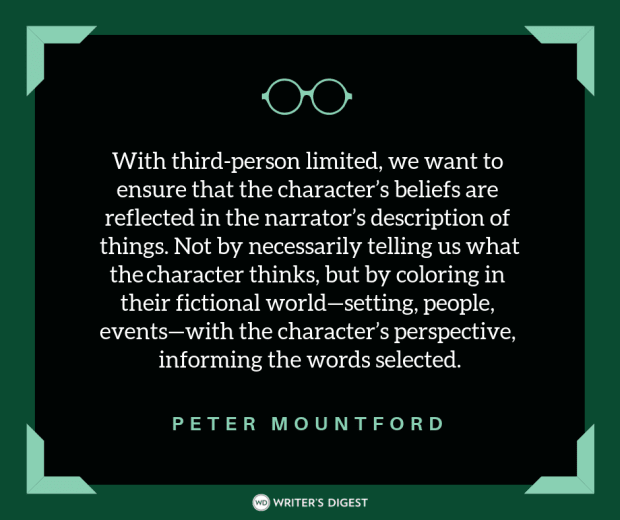How Valuable Is Second Guessing?
I’ve been holding onto the following quote for a long time, wondering at how true it is, or isn’t. when you feel insecure about something you are doing … that…
I've been holding onto the following quote for a long time, wondering at how true it is, or isn't.
when you feel insecure about something you are doing … that vulnerability means that you are doing the right thing and when you watch that … the part when you started second-guessing … that is likely the best part … same goes for writing and photos of yourself.
It's from Raymi, and you can read the full interview with her here.
Here's my difficulty: I've always admired the people who know exactly what it is they're about, or what they want to do. And whatever IT is, IT powers (or overpowers) everything else, any other disappointments or losses. IT offers meaning, and there's no second-guessing as to the meaning of IT.
Raymi refers to second-guessing as something related to vulnerability—and true, it's necessary to face vulnerabilities or fears in connection to creative work. (Think of The War of Art by Steven Pressfield.)
But does second-guessing always mean vulnerability, though? Sometimes second-guessing is about challenging yourself—to have humility and to realize you need to improve and grow.
How can we distinguish between second-guessing that is valuable, and second-guessing that is wheel spinning?
What's your take on this?
Jane Friedman is a full-time entrepreneur (since 2014) and has 20 years of experience in the publishing industry. She is the co-founder of The Hot Sheet, the essential publishing industry newsletter for authors, and is the former publisher of Writer’s Digest. In addition to being a columnist with Publishers Weekly and a professor with The Great Courses, Jane maintains an award-winning blog for writers at JaneFriedman.com. Jane’s newest book is The Business of Being a Writer (University of Chicago Press, 2018).









